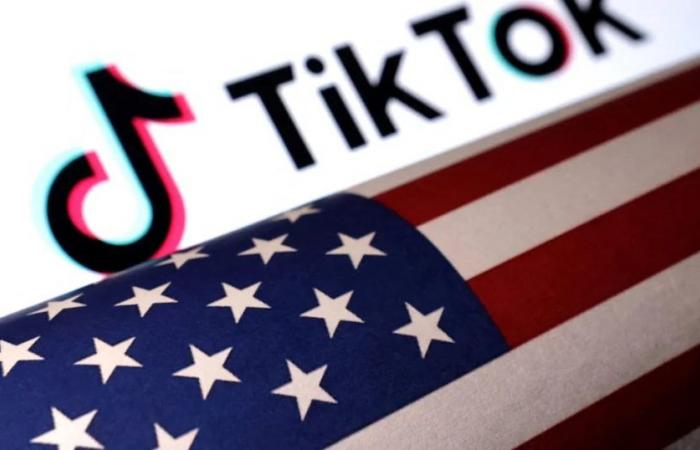The United States Federal Trade Commission (FTC) recommended a civil lawsuit against TikTok for alleged violations of Children’s Online Privacy Protection Act (COPPA).
As reported The Wall Street Journalthe FTC referred yesterday his findings Justice Department (DOJ), who has the authority to enforce this law and within a period of 45 days must decide whether to proceed with the case against TikTok.
The FTC has been investigating the social network’s compliance with a previous legal agreement reached with the government, and found possible new violations of the law. It is an escalation in legal challenges facing the popular video app in one of its most valuable markets.
In a statement to BBCNewsa spokesperson for TikTok expressed his displeasure with the decision: “We are disappointed that the agency is pursuing litigation instead of continuing to work with us on a reasonable solution”. In addition, they mentioned that the company has been collaborating with the FTC for over a year to address your concerns.
“We disagree with the FTC’s allegations, many of which concern past events and practices that are factually incorrect or have already been addressed,” the statement read. “We are proud of the work we have done to protect children and will continue to improve our product.”
In 2019, TikTok solved FTC complaints related to violations of the law child privacyunder which it was determined that the company had illegally collected personal information of the kids. Musical.lya startup acquired by TikTokI knew that children used the application but I was not looking for the parental consent before collecting data from young users.
As part of this agreement, the company paid a fine of 5.7 million dollarsthe largest civil fine obtained in a case of child privacy at that time, and agreed to keep copies of all consumer complaints for five years.
The FTC’s recommendation to make public its referral to the DOJ is unusual, as these proceedings are generally handled confidentially. The agency stated that the decision to publicize its accusations was made because it is a case of “public interest.”
In a statement, the DOJ declined to comment directly on the referral. “Consistent with our usual approach, the Department of Justice consulted with the FTC prior to this referral and will continue to do so as we consider the claims,” a Department spokesperson said.
The three Democratic committee members voted unanimously to make the referral to Justice Department. The two Republican commissioners did not participate in the vote. The Republican Commissioner Melissa Holyoak excused herself from the vote due to his previous work in an investigation of TikTok while serving in Utah state government, according to a person familiar with the matter.
This case is separate from legislation passed earlier this year that could ban TikTok in the United States if ByteDance does not sell the app. In April, President Joe Biden signed a law, which is being challenged by the Chinese company in court, giving it a maximum of one year to sell the app or face a ban in the country. The deadline will likely come sometime in 2025, after the winner of the 2024 presidential election takes office.
Concerns about TikTok and ByteDance by the US government focus on the possible access of the Chinese authorities to the US user data. The company has consistently denied these claims. In May, TikTok filed a lawsuit with the aim of blocking this legislation, arguing that it is a “extraordinary intrusion in the rights of freedom of expression” from the company and its 170 million American users.


